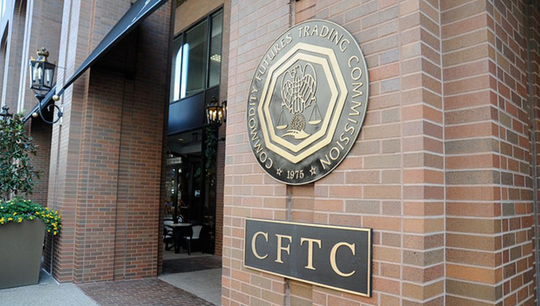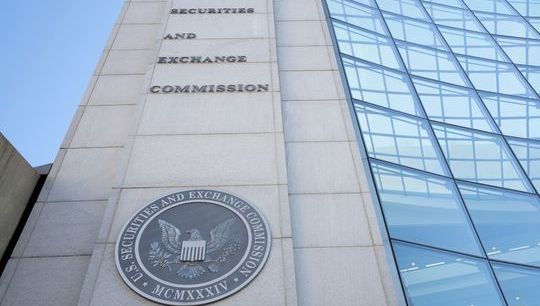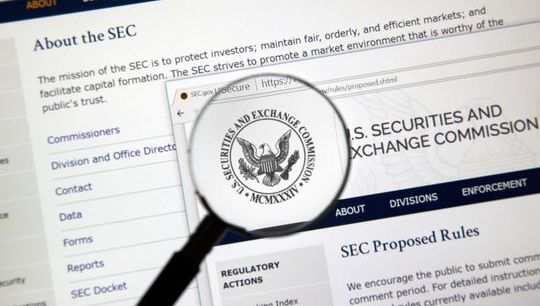CEO Blog - AIMA Dispatches: Deal or no Deal?
Published: 27 February 2023
In the series of SEC proposals possibly to come into law this year, one of the most egregious is their reinterpretation of the 1934 Securities Exchange Act which would require market participants such as proprietary trading firms and private funds, to register as securities dealers and submit to all the additional requirements that come with it. After nearly a century of settled practice, the SEC now claims, absurdly in our view, that any company that buys and sells securities frequently enough is in effect a broker-dealer.
The ramifications of this are enormous, but at least a bright light is now being shone on this vast regulatory overreach. In Congress, Senator Bill Hagerty and Representative French Hill have written to the SEC demanding justification for this change. With our help, media outlets have picked up on it and the SEC now has serious questions to answer.
Forcing private funds and others to register as securities dealers would almost certainly alter their trading activity to the extent some might depart certain markets altogether. Liquidity in the US Treasury market is vital to support the borrowing needs of the US Government and this would be diminished if the SEC proposals come into effect.
The Courts are already examining cases in which the SEC is pursuing various entities for failing to register as dealers. AIMA has focused on one such case in Florida which could well set a precedent for what the SEC is proposing. The case involves a college student, who actively traded penny stocks. With the help of law firm Gibson, Dunn & Crutcher, AIMA has submitted a robust and compelling third-party argument to the court showing that the SEC's unwarranted extension of the meaning in the Exchange Act is plain wrong. This hitherto little known case is also now being covered in the media and a ruling can be expected later in the year. You can hear more about this on our podcast and read our detailed representations in both this case, and to the SEC, here.
Meanwhile, the SEC seem undeterred by the challenge to their interpretation, but the hope must be for them to provide a full cost-benefit analysis of what they are proposing and that gathering attention on this issue will require them to do just that.







